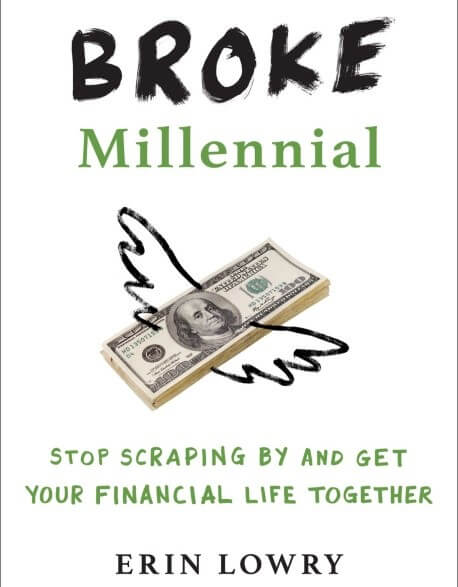10 BENEFITS OF A COMPREHENSIVE POWER OF ATTORNEY
Powers of attorney are voluntary delegations of authority by the principal to the agent. The principal has not given up his or her own power to do these same functions, but rather has granted legal authority to the agent to perform various tasks on the principal’s behalf.
A comprehensive power of attorney ensures someone you trust will be in charge of important decisions and tasks, from paying bills to monitoring health care, and is a crucial part of long term planning.
Having covered the explanation of what a durable power of attorney is, here are the top 10 benefits of having a comprehensive power of attorney.
Provides the ability to choose who will make decisions for you (rather than a court).
If someone has signed a power of attorney and later becomes incapacitated and unable to make decisions, the agent named can step into the shoes of the incapacitated person and make important financial decisions. Without a power of attorney, a guardianship or conservatorship may need to be established, and can be very expensive.
Avoids the necessity of a guardianship or conservatorship.
Someone who does not have a comprehensive power of attorney at the time they become incapacitated would have no alternative but to have someone else petition the court to appoint a guardian or conservator. The court will choose who is appointed to manage the financial and/or health affairs of the incapacitated person, and the court will continue to monitor the situation as long as the incapacitated person is alive. While not only a costly process, another detriment is the fact that the incapacitated person has no input in who will be appointed to serve.
Provides family members a good opportunity to discuss wishes and desires.
There is much thought and consideration that goes into the creation of a comprehensive power of attorney. One of the most important decisions is who will serve as the agent. When a parent or loved one makes the decision to sign a power of attorney, it is a good opportunity for the parent to discuss wishes and expectations with the family and, in particular, the person named as agent in the power of attorney.
The more comprehensive the power of attorney, the better.
As people age, their needs change and their power of attorney should reflect that. Seniors have concerns about long-term care, applying for government benefits to pay for care, as well as choosing the proper care providers. Without allowing the agent to perform these tasks and more, precious time and money may be wasted.
Prevents questions about principal’s intent.
Many of us have read about court battles over a person’s intent once that person has become incapacitated. A well-drafted power of attorney, along with other health care directives, can eliminate the need for family members to argue or disagree over a loved one’s wishes. Once written down, this document is excellent evidence of their intent and is difficult to dispute.
Prevents delays in asset protection planning.
A comprehensive power of attorney should include all of the powers required to do effective asset protection planning. If the power of attorney does not include a specific power, it can greatly dampen the agent’s ability to complete the planning and could result in thousands of dollars lost. While some powers of attorney seem long, it is necessary to include all of the powers necessary to carry out proper planning.
Protects the agent from claims of financial abuse.
Comprehensive powers of attorney often allow the agent to make substantial gifts to self or others in order to carry out asset protection planning objectives. Without the power of attorney authorizing this, the agent (often a family member) could be at risk for financial abuse allegations.
Allows agents to talk to other agencies.
An agent under a power of attorney is often in the position of trying to reconcile bank charges, make arrangements for health care, engage professionals for services to be provided to the principal, and much more. Without a comprehensive power of attorney giving authority to the agent, many companies will refuse to disclose any information or provide services to the incapacitated person. This can result in a great deal of frustration on the part of the family, as well as lost time and money.
Provides peace of mind for everyone involved.
Taking the time to sign a power of attorney lessens the burden on family members who would otherwise have to go to court to get authority for performing basic tasks, like writing a check or arranging for home health services. Knowing this has been taken care of in advance is of great comfort to families.
How to set up a Power of Attorney using ARM Trustees Incap Solutions
What is Incap Solutions?
Incap Solutions is a service which enables you to plan for the “in-between” situations whereby an individual is temporarily or permanently incapacitated and is unable to make personal medical decisions or financial decisions.
Incap Solutions employs the use of Medical and Financial Power of Attorney.
A power of attorney is an important estate planning tool through which a person (often known as the principal, grantor or donor) grants certain powers to another person known as the agent, donee or attorney-in-fact. While executing a power of attorney (otherwise known as the POA), the principal could determine the magnitude of power to be granted to the attorney-in-fact, by either authorizing the attorney to deal with only a particular subject matter relating to the principal (a specific power of attorney) or to handle most/all of the principal’s matters (a general power of attorney).
Typically, a power of attorney would terminate upon the death of the principal, there are cases whereby the principal is neither dead nor functional. A Durable power of attorney would be useful in such instances where the principal becomes incapacitated.
To set up an Incap Solutions, please visit here
Credit in part: https://www.mclinburnsed.com
The post 10 BENEFITS OF A COMPREHENSIVE POWER OF ATTORNEY appeared first on Realising Ambitions.







